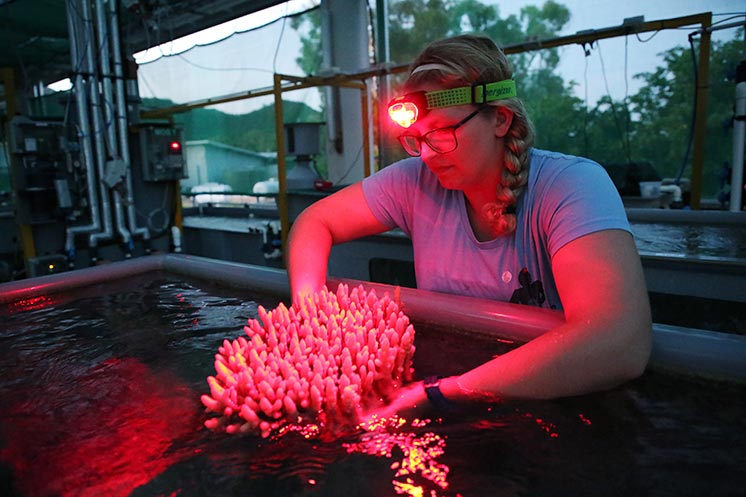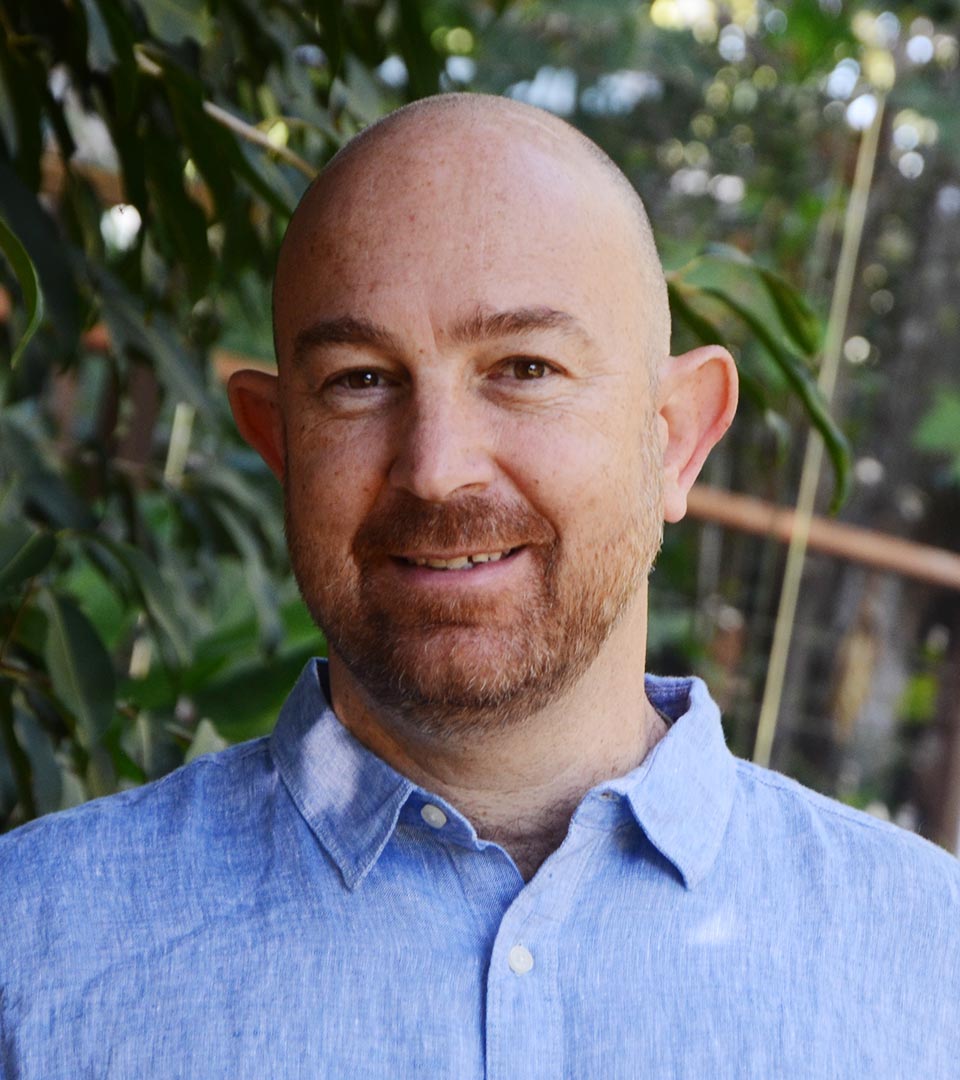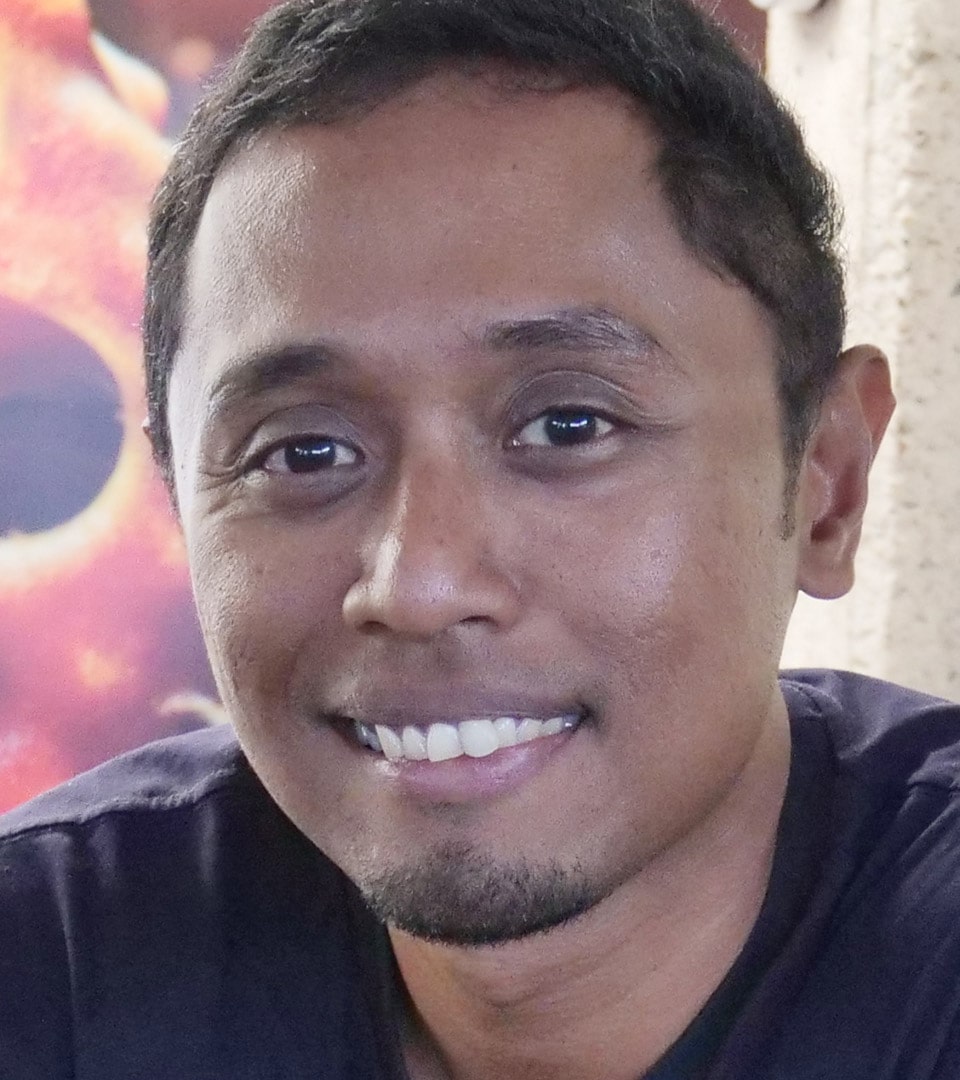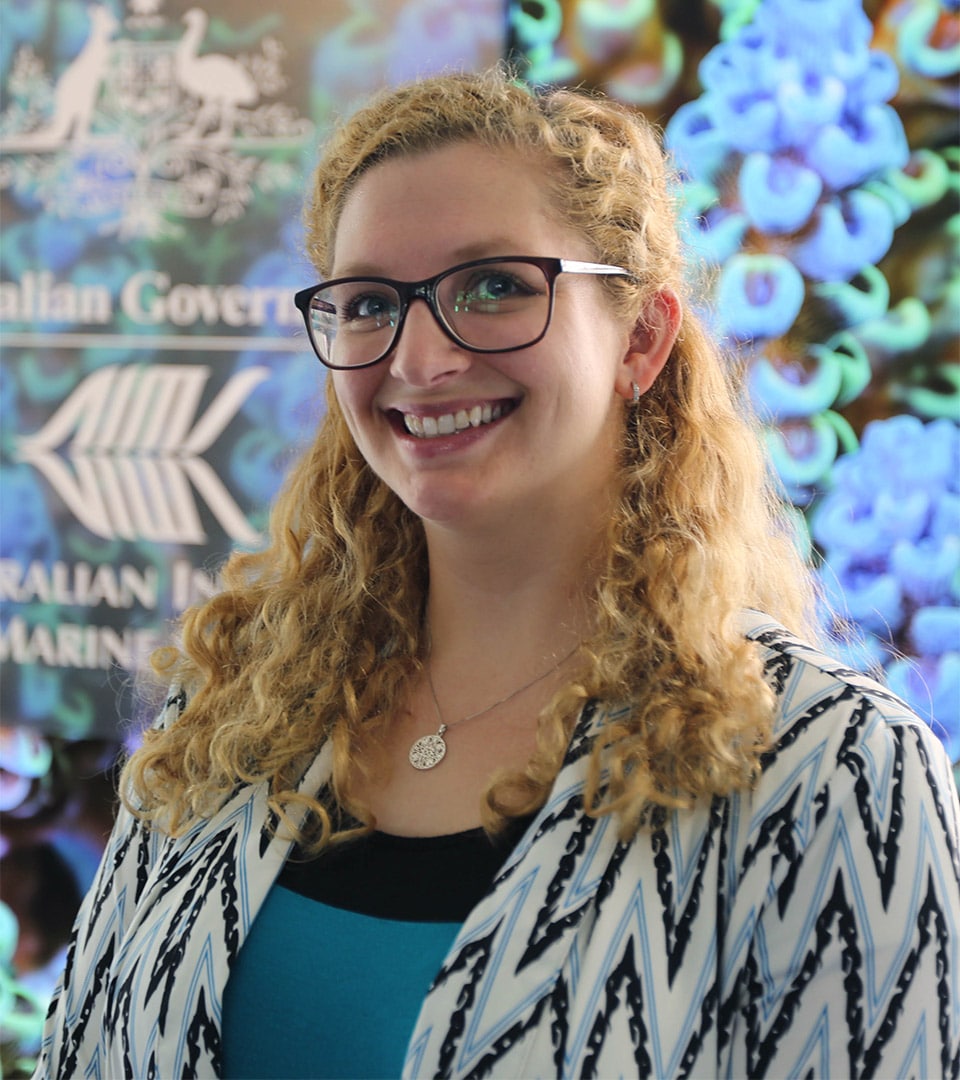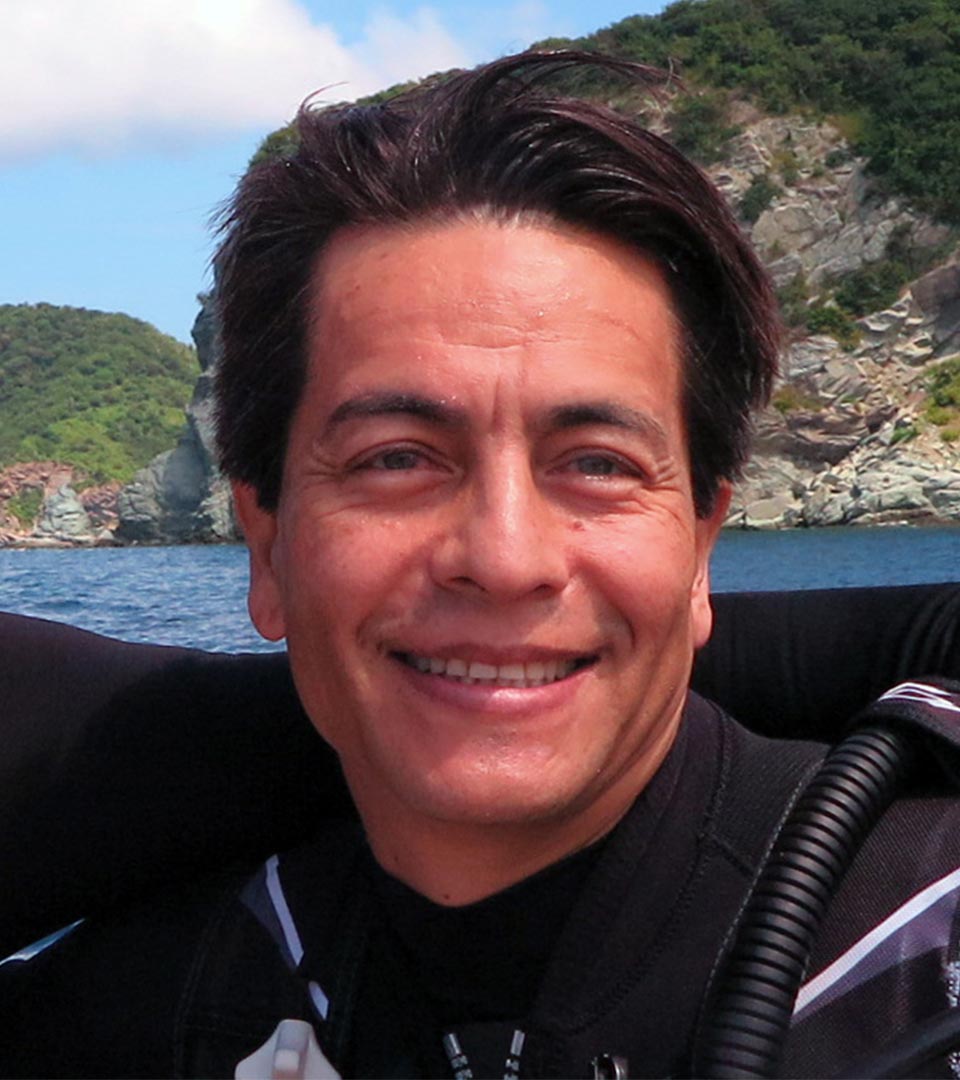Coral Aquaculture and Deployment
The RRAP Coral Aquaculture and Deployment R&D Subprogram aims to deliver the means to reliably breed corals in captivity at low cost, at a medium scale using sexual and asexual methods.
The ability to effectively mass-produce corals to high standards will underpin the success of medium- to large-scale reef restoration initiatives and interventions and could help conserve wild populations.
The Coral Aquaculture and Deployment Subprogram aims to optimise methods to rear broodstock in aquaculture facilities and improve the survival rate of corals released into the wild.
This subprogram develops the capability for medium-scale aquaculture for a core set of 12 coral species. The research enables the supply of propagated corals to support small- and medium-scale field trials in later parts of the RRAP R&D Program.
The scale of coral production required to meet the objectives of RRAP is still uncertain but likely to be of medium to large scale (10 million –100 million corals per year).
This subprogram aims to deliver a comprehensive understanding of the drivers of growth and survival of young propagated corals in natural populations. It produces the knowledge to support selective breeding and treatments for adaptation in the Enhanced Corals and Treatments and the Moving Corals Subprograms, as well as key data for ecological and evolutionary modelling by the RRAP Modelling and Decision Support Subprogram.
Scope and expected outcomes
Over four years, the Coral Aquaculture and Deployment Subprogram is undertaking an integrated R&D program to develop knowledge and methods to:
- Breed and asexually propagate corals to reliably produce juveniles or fragments for deployment purposes
- Enhance growth and survival of coral juveniles and micro fragments post-deployment on the Reef
- Design an aquaculture facility prototype and test breakthrough technologies and automation.
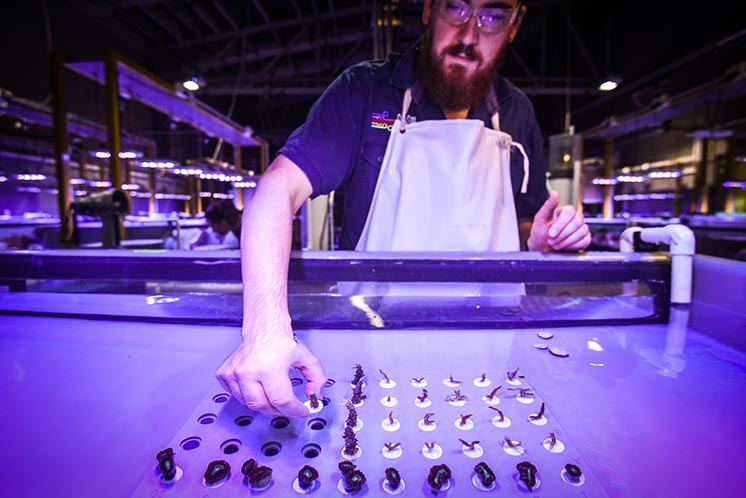
Research to enhance growth and survival of coral juveniles in the National Sea Simulator, AIMS. Photo: Christian Miller
Current projects
Coral Propagation and Deployment
This project focuses on developing methodology and technology that optimises coral propagation in an aquaculture setting, as well as enhancing coral larvae settlement survival. The results will inform the design of settlement devices that maximise post-deployment survival across coral species and environments.
Engineering Large Scale Aquaculture
This project focuses on developing automated and high-throughput technologies and workflows that allow for mass production, survival and growth of corals grown in an aquaculture setting.
Project Management, Field Program and Major Field Trials
This project will lead, coordinate, and manage the integrated field program, engagement training and data management for all projects under both the Enhanced Corals and Treatments and Coral Aquaculture and Deployment subprograms.
Subprogram leaders:
Subprogram Team members:

Dr Lone Hoj
AIMS

Dr Saskia Jurriaans
AIMS/JCU
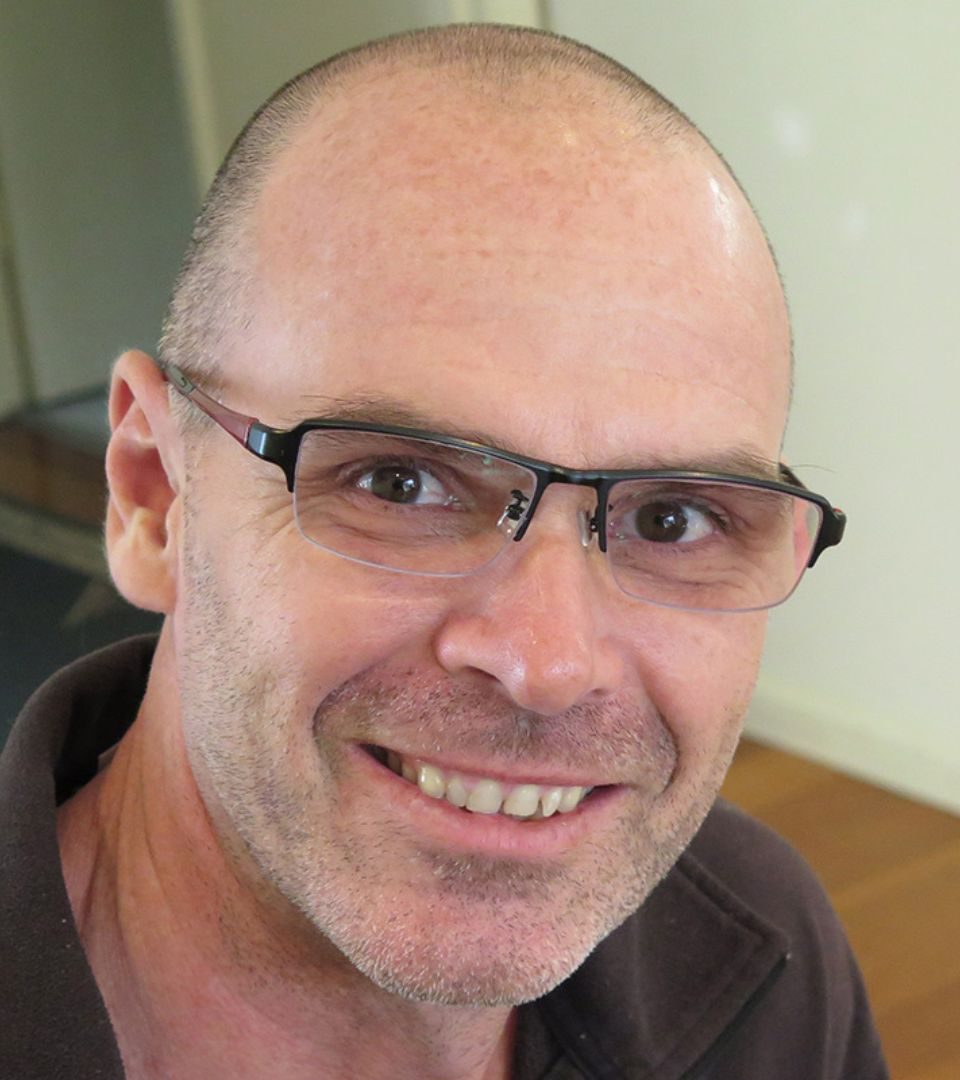
Dr Andrew Negri
AIMS
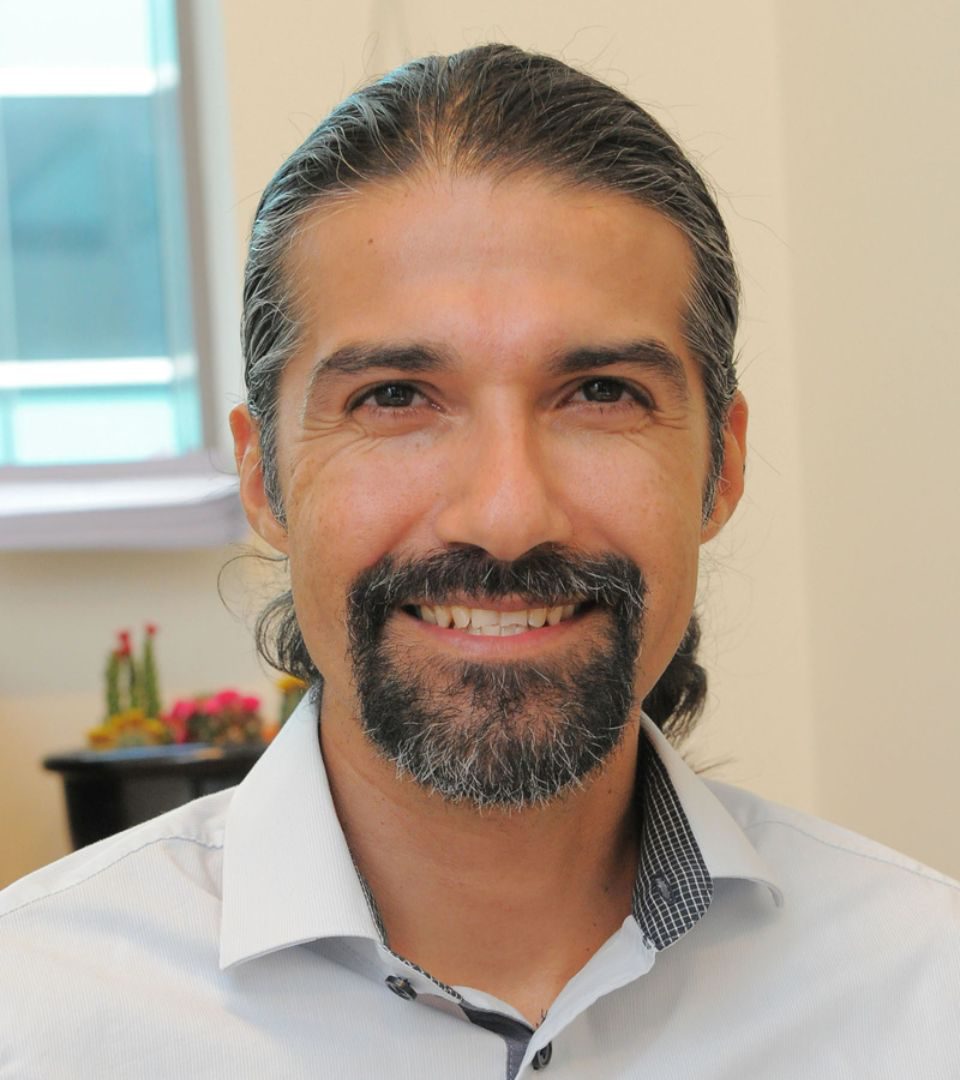
Dr David Abrego
SCU

Professor Leonie Barner
QUT
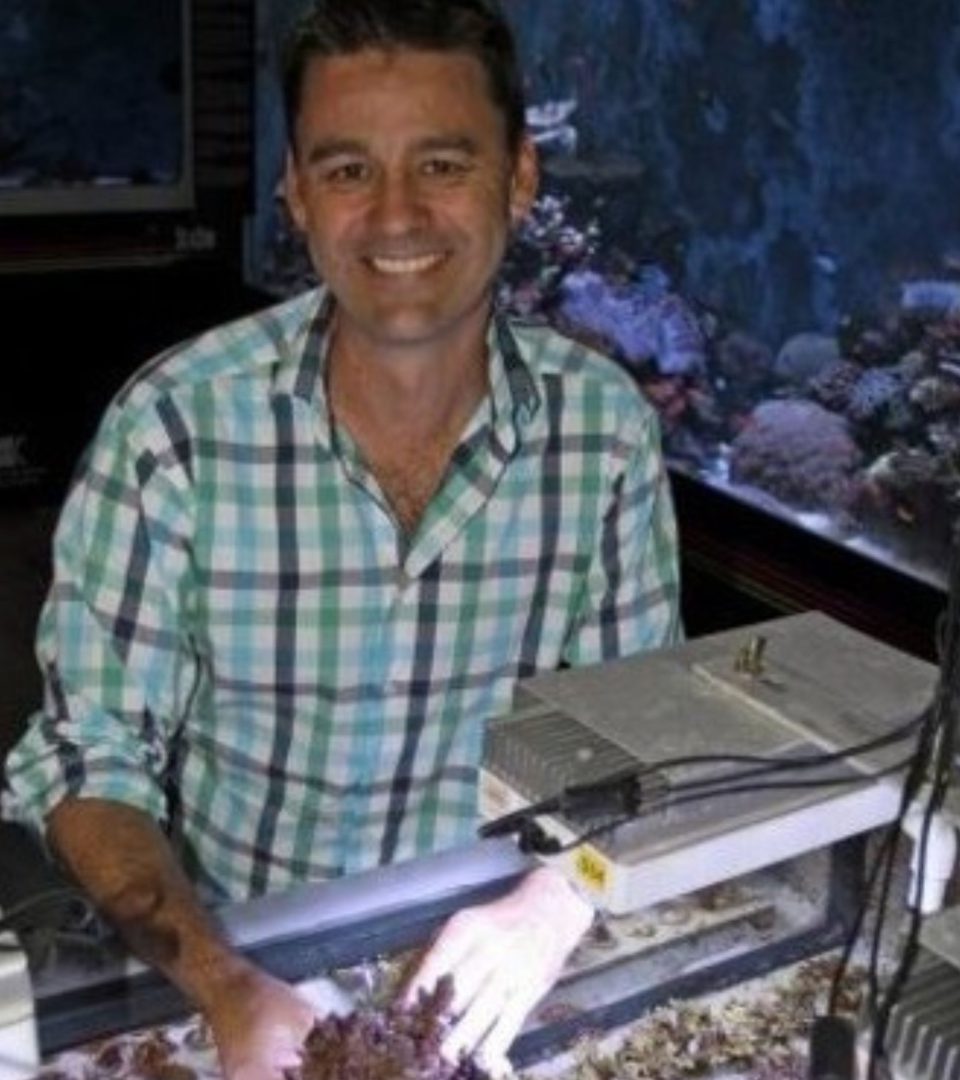
Craig Humphrey
AIMS

Dr Andrew Heyward
AIMS

Dr Elsa Dos Santos Antunes
JCU

Dr Pirjo Haikola
RMIT
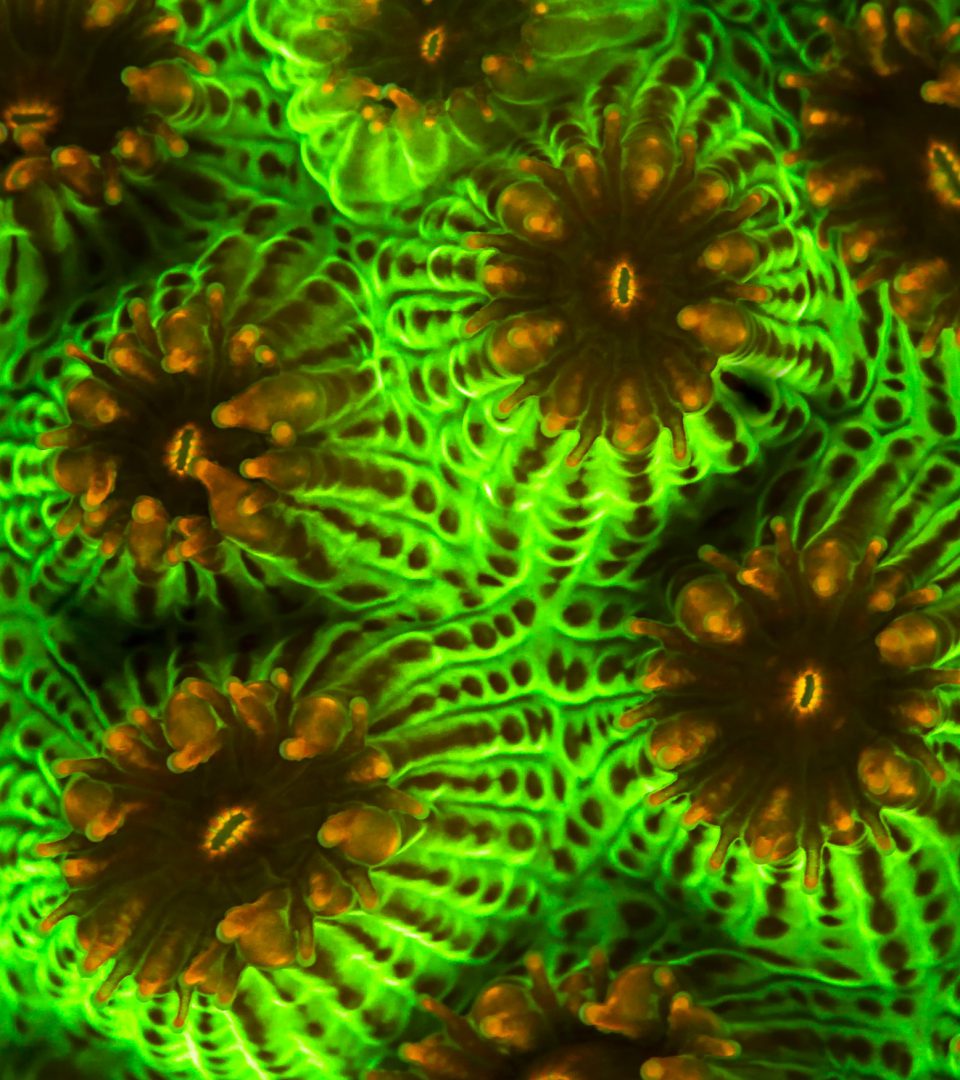
Dr Ateek Rehman
Postdoc, JCU

Dr Paul O'Brien
Postdoc, UQ

Dr Lalehvash Mogahddam
Postdoc, QUT
